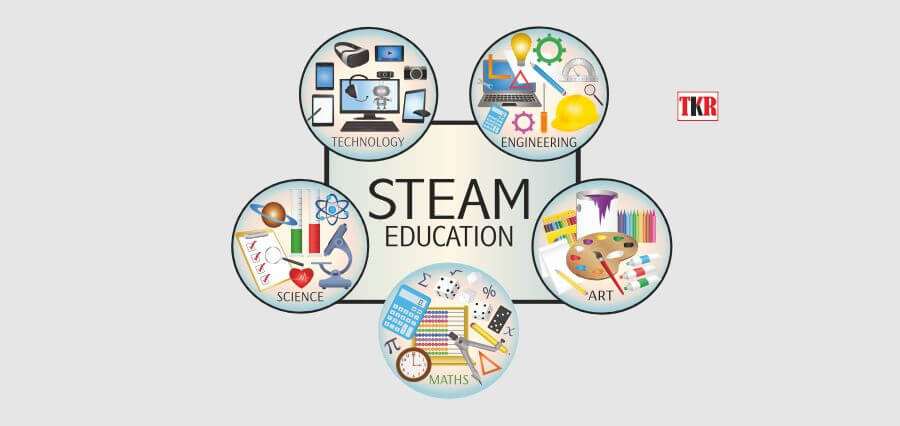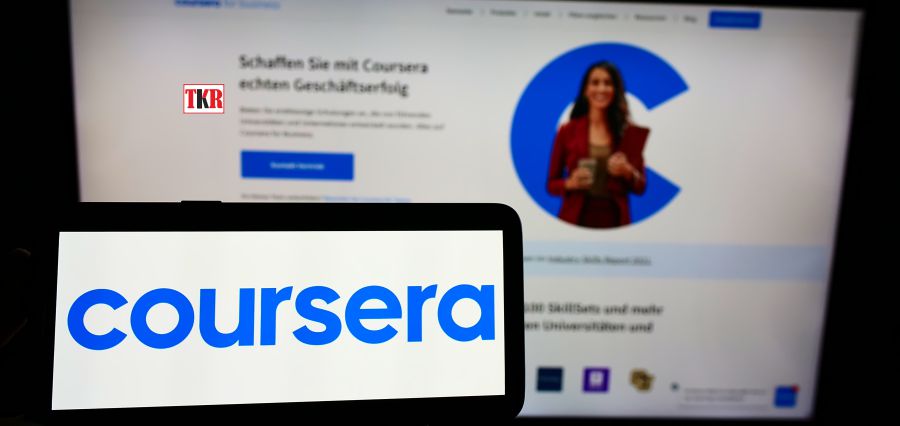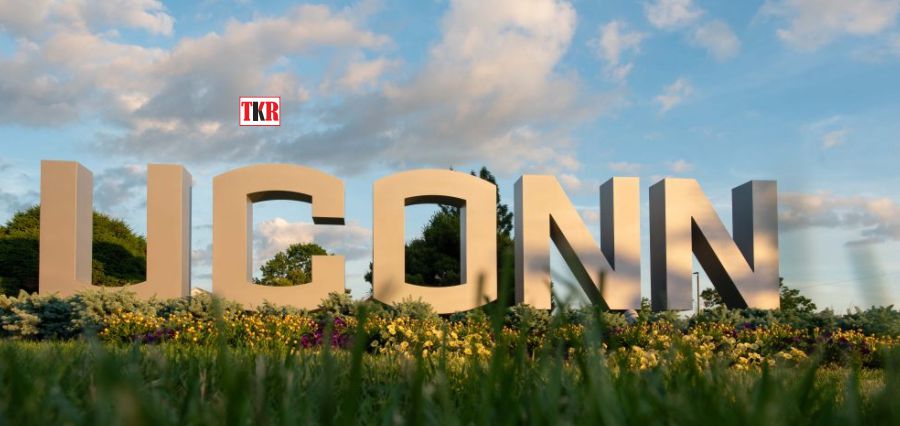Education is not the learning of facts, but the training of the mind to think- Albert Einstein
Introduction
The real and practical experiences received by the people with help of games, sports, arts, literary, culture, and more are known as co-curricular activities earlier known as Extra-curricular Activities. To a greater extent, the theoretical knowledge gets strengthened and supplemented with relevant co-curricular activities related to the content taught in the classroom. Academic aspects of personality are solely accomplished by classroom, while aesthetic development, character building, spiritual growth, physical growth, moral values, and creativity are supported by co-curricular activities. The execution of academic contents like frankness and clarity in language, creativity and innovation, and overall personality development is supported by co-curricular activities. It helps to develop co-ordination, adjustment, speech fluency, extempore expressions, etc. among students both at the college as well as in the society.
Role of Co-curricular Activities in Student’s Life
Besides academics, co-curricular and extra co-curricular activities play an instrumental role in shaping and making overall growth and development of human mind. No doubt, one should primarily focus on academic activities to learn and excel the scholarly qualities. However, it is extra co-curricular activities like sports, games, art, culture and more that provide a good platform for a child/student to outshine his/her latent potentials to compete with the challenges that come on his/her way. In fact, it enables the children/students to enter into the unopened doors of their lives and become wise enough to go on the ways of the world. The co-curricular activities such as their participation in group activities like debates, quizzes, group discussion, essay completions, brain storming sessions, their interaction with peer groups, etc. make them learn practically and enter into the real life challenges and overcome them by their knowledge and competence. The co-curricular activities facilitate in the multi-facet development of various domains of mind and personality such as intellectual development, emotional development, social development, moral development and aesthetic development. Creativity, enthusiasm, energetic, and positive thinking are some of the important outcomes of the personality development achieved by co-curricular activities.
Acquisition of knowledge is not limited to what are in books and other sources of literature. Rather knowledge is based on what one learns through the experiences of one’s real life. There are many human beings suffering from many problems which are more psychological than physical. Contentment in life rests on the mental satisfaction that varies from person to person and society to society. A great Indian poet, Kabeer had knowledge in himself yet he needed interaction with such a mentor who can enlighten him. Therefore he went to seek the shelter of his guru Ramanand. The world knows well today who Kabeer is.
Importance and Benefits of Co-curricular Activities
- It brings healthy competition amongst the students.
- The overall career of student shines and the leadership qualities grows in the students.
- It empowers and helps the students to express themselves freely.
- These activities help the students not only to be wise but also be fit and energetic in their lives. It also inculcates the values to respect other’s view and feeling.
- The student gets exposure to organize activity, to develop skills, to co-operate and co-ordinate in different situations. It also provides ample opportunity for self-identification and self-assessment in different situations and circumstances.
- It provides sufficient skill how to behave and manage the situation when they are in contact with organizers, fellow participants, teachers, and people outside the school during cultural activity.
- It develops a sense of belongingness and it becomes very important in decision making situations.
- It enhances the interest in the academics.
Role of Academic Institutions in Organising Co-curricular Activities
If an institution does not promote the extra-curricular and co-curricular activities in proper direction, students might probably go into a situation where they will find chaos with no fruitful outcome. Therefore, the extra-curricular and co-curricular activities should not only be promoted by the institution but suitable mentors should be provided for the same. From level of school to the university, the teachers have great role to enrich their student in all respect through co-curricular activities. Although the role of teachers in the overall personality development of student is almost unlimited even some of them are listed below:
- The institute/university must plan the different activities to be carried out systematically throughout the year without much disturbance of academic.
- The concern faculty member should provide sufficient opportunity to their students to perform co-curricular activities without any stress.
- The institute should introduce some innovative programmes and encourage the students to effectively participate.
Conclusion
The academic institutions in their curriculum provide the co-curricular activities for development of the right brain. These facilitate skills of listening, language, fine and gross motor activity, discipline and expression, patience and leadership; all the while reaching the inner core of all that is fine about the human being. The virtues hidden in the inner cores of students can be explored with the help of co-curricular activities. It also helps the students being in the expression and active manifestation of their noble tendencies like, humility, continence, service, generosity, benevolence, ethics, moral, etc. It is also helpful for the natural reflections of basic instincts that found the basis of evolution of character of human being. The students can make worth use of their immense potential and available opportunities and resources only with the active participation in the co-curricular and extra-curricular activities.
About the Author
Prof S. N. Singh obtained his M. Tech. and Ph. D. in Electrical Engineering from Indian Institute of Technology Kanpur, in 1989 and 1995, respectively. Presently, he is serving as the Vice-Chancellor, Madan Mohan Malaviya University of Technology, Gorakhpur. Dr Singh received several awards including Young Engineer Award 2000 of Indian National Academy of Engineering, Khosla Research Award of IIT Roorkee, and Young Engineer Award of CBIP New Delhi (India), 1996. Prof Singh is recipient of Humboldt Fellowship of Germany (2005, 2007) and Otto-monsted Fellowship of Denmark (2009-10). His research interests include power system restructuring, FACTS, power system optimization & control, power quality, wind power, etc.









